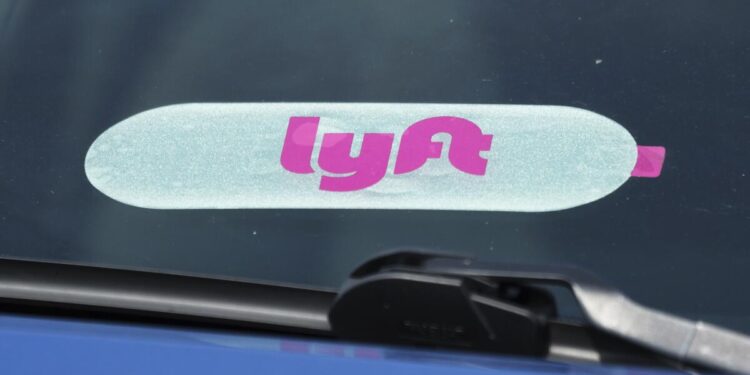Lyft is piloting autonomous rides in Atlanta with a safety driver on board, a long-planned launch meant to help it better compete against Waymo and Uber Technologies.
As of Wednesday, Lyft is offering rides in a fleet of Toyota Sienna minivans equipped with autonomous technology developed by May Mobility, Lyft said in a statement. Prices will be in line with regular Lyft rides, according to a company spokesperson. The service will initially be limited from the morning rush hour into the afternoon on weekdays and include some evening availability on weekends.
Lyft said it will lay out a specific daily schedule as it gauges demand during the pilot, which will be offered in a seven-square mile radius in Midtown Atlanta. The program will start with a small number of vehicles and ramp up over time.
San Francisco-based Lyft is playing catchup with rival Uber, which has more than a dozen partner agreements globally and offers driverless rides with Alphabet’s Waymo in Atlanta, Austin and Phoenix, and with WeRide in Abu Dhabi. Lyft struck several similar partnerships of its own last November, and the Atlanta pilot with May Mobility is the first of those initiatives to result in a new product offering.
Lyft and May Mobility said human operators will initially be in every vehicle and “help acclimate” customers to self-driving technology by answering questions during this early phase. The companies did not provide a timeline for when the operation will transition to become fully driverless, citing the need for more data before making the switch.
“It’s a matter of collecting data both about system performance and rider readiness,” May Mobility founder and Chief Executive Edwin Olson said in an interview.
Similar to a Waymo ride, Lyft’s customers in Atlanta can access temperature controls via an in-vehicle tablet, which will also visualize what the car detects around it using colored shapes: purple for other vehicles and orange for bicyclists and pedestrians.
Lyft is expected to offer autonomous rides in more U.S. markets as early as next year with its other partners, such as Intel-backed Mobileye Global and Austria’s Benteler Group. Lyft also has a deal with China’s Baidu to offer driverless rides in Europe.
As Lyft expands its autonomous offerings, it may tweak its routing technology to push human drivers toward areas not served by robotaxis, said Jeremy Bird, Lyft’s executive vice president in charge of driver experience.
Competitors’ autonomous vehicles in other markets haven’t led to a decline in Lyft orders, Bird added.
“If anything, it’s increased rides overall for all rideshare,” he said. “So we hope to see that continue and look at ways we can do that.”
Lung writes for Bloomberg.
Copyright for syndicated content belongs to the linked Source link




